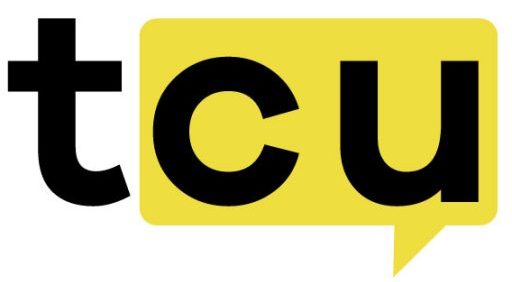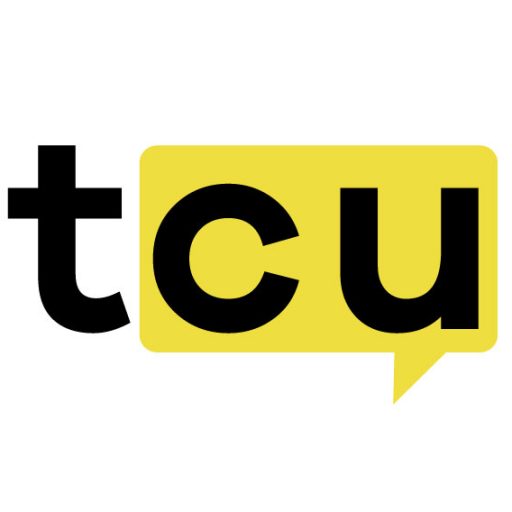Let me hit you with a quick question.
When was the last time you actually trusted a platform just because it told you to? Exactly. Probably never. Maybe back in the early internet days, before we got burned one too many times by shady sites, vague terms of service, and that one time your entire game inventory mysteriously vanished overnight.
These days, trust isn’t handed out like a free skin drop. It’s earned. Or better yet, it’s baked right into the system.
And here’s the wild part: while everyone’s talking about blockchain this and crypto that, gamers – yeah, us – have already been living in a digital trust economy for years. We just didn’t call it that.
Gaming Didn’t Just Catch Up – It Led the Way
Let’s rewind for a sec.
Back in the early Counter-Strike days, you were already trading skins like they were rare collector’s items. Some looked ridiculous. Some were literal works of art. And some… well, some cost more than a used car. But we didn’t just trade them because they looked cool – we traded them because they had value. Real value.
Gamers figured out digital assets before NFTs were even a thing. And now, we’re watching the rest of the world scramble to catch up – slapping blockchain labels on everything, trying to build marketplaces we were already using back in 2015.
Trust Isn’t a Buzzword – It’s Built In
The whole idea of provably fair gaming? It’s not some Silicon Valley gimmick. It’s just common sense. You want to know that the game you’re playing isn’t rigged. That the dice roll or crash curve wasn’t tweaked behind the scenes to drain your wallet.
On sites like CSGORoll, this kind of transparency isn’t just an add-on – it’s the foundation. Before each game, the system generates a hashed code (basically a digital fingerprint) that proves the result is locked in. After the game? You get to see the full code and verify the outcome yourself. No smoke and mirrors. No “Just trust us, bro.”
It’s that kind of thinking that put CSGORoll on the map in the first place. Back in 2016, Killian – known as EyE on X – kicked things off with a pretty simple vision: make skins trading and gaming fair, transparent, and fun. What started as a side project turned into a platform that’s now leading the space in security, responsible gaming, and a user experience that doesn’t feel like a trap.
Crypto’s Not Just Cool – It’s Practical
Now, let’s talk money. Or rather, digital money. It’s 2025, and crypto is everywhere – but in gaming, it just makes sense. No one wants to wait three days for a bank transfer or have their card blocked because their bank thinks “CSGORoll” sounds suspicious.
Using Bitcoin, Ethereum, or Solana to top up your balance? Fast, private, and smooth. Platforms like Rollbit, Roobet, and yeah, CSGORoll, are making it easier than ever to just play without the financial red tape.
And let’s not ignore the global angle – for players in countries where traditional payment systems are a nightmare, crypto isn’t just a convenience. It’s a lifeline.
The Future? It’s Already Here
The big shift isn’t just about fair games or crypto payments. It’s about how everything is being rebuilt around transparency. You’ve got smart contracts running finance platforms without humans. You’ve got random number generation tools like Chainlink VRF making cheating in blockchain games nearly impossible.
In short, the systems are learning to play fair – not because they’re ethical, but because users are demanding it.
And once again, it’s gamers pushing this shift. Not regulators. Not tech bros. Just regular players who’ve been burned enough times to say, “Nah, show me the code.”
Reality Check, Before You Alt-Tab Away
So yeah, digital trust isn’t some abstract concept. It’s here. It’s in the way you trade your skins. It’s in how you fund your account. It’s in the tools that let you double-check whether your last loss was bad luck – or BS.
And the next time someone talks about how crypto or Web3 is “revolutionizing trust,” you can just shrug and say, “Cool… but we’ve been doing that since Crash and case openings.”
Now I’m curious – where do you stand? Are you still old-school with cash and cards, or fully on board the crypto train? Have you used provably fair systems before? Drop a comment or hit me up – I’d love to hear what your experience has been.
![]()


